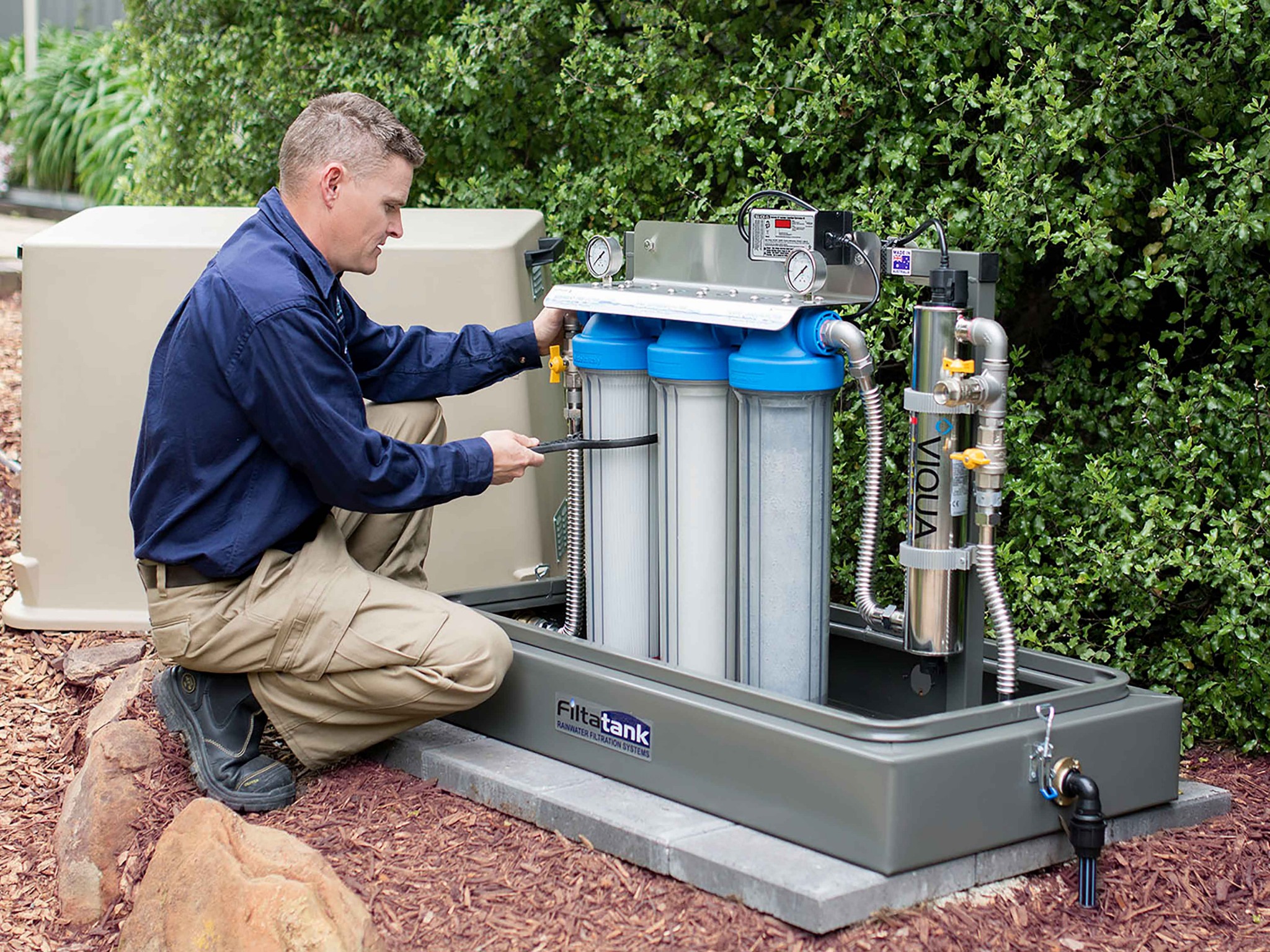Dentista in Albania
Looking for top-notch dental services in Albania? Look no further than the skilled professionals known as Dentista in Albania. These experts offer a comprehensive range of treatments, from routine cleanings to advanced orthodontics procedures.
Albanian dentists pride themselves on staying at the forefront of dental technology, ensuring that patients receive the highest quality care available. Whether you’re in need of braces, aligners, or other orthodontic solutions, you can trust in the expertise of Dentista in Albania.
One of the standout features of Dentista in Albania is their commitment to personalized care. They take the time to understand each patient’s unique needs and goals, tailoring treatment plans accordingly.
Furthermore, Dentista in Albania offers competitive pricing, making top-tier dental care accessible to all. So whether you’re a local resident or a visitor to Albania, consider entrusting your dental health to the skilled hands of Dentista in Albania.
Introduction:
Clean and safe drinking water is essential for maintaining good health and well-being. However, the quality of tap water can often be compromised due to various contaminants and impurities. This is where water filtration systems play a crucial role in ensuring the provision of clean and safe drinking water. In this article, we will explore the significance of water filtration systems and how they contribute to maintaining the purity of our water supply.
Why Are Water Filtration Systems Important?
1. Removal of Contaminants:
Water filtration systems are designed to eliminate a wide range of contaminants that may be present in tap water. These contaminants can include bacteria, viruses, heavy metals, pesticides, chlorine, and sediment. By removing these harmful substances, water filtration systems provide us with cleaner and healthier drinking water.
2. Protection from Waterborne Diseases:
Contaminated water can be a breeding ground for various waterborne diseases. Water filtration systems act as a barrier against pathogens, ensuring that our drinking water is free from harmful microorganisms. This protection is especially crucial for individuals with weakened immune systems, such as children, pregnant women, and the elderly.
3. Improved Taste and Odor:
Tap water often contains certain chemicals and impurities that can affect its taste and odor. Water filtration systems help to eliminate these unpleasant characteristics, resulting in water that tastes and smells better. By enhancing the overall quality of the drinking water, filtration systems encourage increased consumption of water, which is essential for maintaining hydration and overall health.
4. Environmental Benefits:
Using water filtration systems reduces the need for bottled water, which in turn decreases plastic waste and its harmful impact on the environment. By opting for filtered tap water, we can actively contribute to sustainability and reduce our carbon footprint.
Frequently Asked Questions (FAQs):
Q1. How do water filtration systems work?
A water filtration system typically consists of various stages that target different types of contaminants. These stages may include sediment filters, activated carbon filters, reverse osmosis membranes, and ultraviolet (UV) disinfection. Each stage works to remove specific impurities, ensuring the filtration of water at multiple levels.
Q2. What contaminants can water filtration systems remove?
Water filtration systems are capable of removing a wide range of contaminants, including bacteria, viruses, heavy metals (such as lead and mercury), chlorine, pesticides, herbicides, pharmaceutical residues, and sediment. The effectiveness of the filtration system depends on its specific design and the technologies utilized.
Q3. Do water filtration systems remove essential minerals from water?
Certain filtration systems, such as reverse osmosis, are known to remove some essential minerals along with contaminants. However, these minerals can also be obtained from other dietary sources, such as fruits, vegetables, and supplements. It is important to note that the main purpose of water filtration systems is to ensure the removal of harmful substances while maintaining water safety.
Q4. How often should water filters be replaced?
The frequency of filter replacement depends on several factors, including the type of filtration system, water quality, and usage. Generally, it is recommended to replace filters every 3-6 months or as specified by the manufacturer. Regular replacement ensures optimal performance and the continued removal of contaminants.
Q5. Are water filtration systems cost-effective?
While the initial cost of purchasing and installing a water filtration system may vary, the long-term benefits outweigh the investment. By reducing the reliance on bottled water, filtration systems can save money in the long run. Additionally, the health benefits associated with clean and safe drinking water make water filtration systems a cost-effective choice.
Conclusion:
Water filtration systems are vital for ensuring clean and safe drinking water. By removing contaminants, protecting against waterborne diseases, improving taste and odor, and promoting environmental sustainability, these systems play a significant role in maintaining the purity of our water supply. Investing in a water filtration system is a proactive step towards safeguarding our health and well-being, while also contributing to a more sustainable future.

